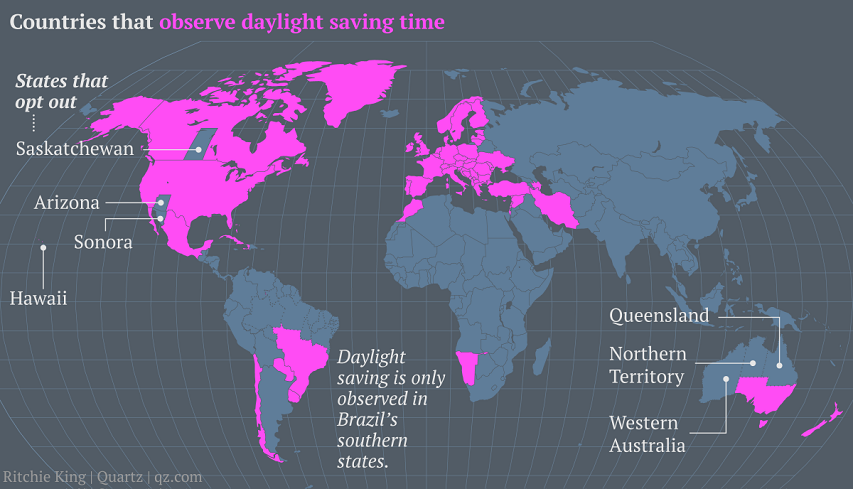Scott Feschuk loves jogging. Well, he loves some things about jogging: pretty much everything about it except the actual “jogging” part:
I took up jogging recently because I had begun to lose sight of certain things in life, such as my genitals. Year upon year of sports viewing — abetted by halftime nachos, intermission chili dogs and anytime beers—had taken a physical toll. I’m not saying I was out of shape, but I still remember my first run in the springtime: the sweat, the laboured breathing, the searing chest pain. And that was just from climbing onto the treadmill.
Several months later, I am a changed man! Sure, I’m pretty much the same weight and I don’t look any better. And sure, I still consider the stairs to be the Devil’s method of ascent. (Folks, there’s a reason God invented the elevator, the escalator and waiting patiently until the object you want eventually comes downstairs of its own accord.)
[…]
Getting injured. Early this fall, I strained my hip and couldn’t run for a couple weeks. This turned out to be an ideal scenario because I could still self-identify as a jogger without having to, you know, jog. I’d wake up and think, “Yep, I’d be out there crushing a 10K run right now if I hadn’t hurt myself being SO SUPER ATHLETIC. Hmm, perhaps my recovery will be hastened by multiple Eggos!” By the way, there’s no quicker way to get in tight with runners than to ask them about their injuries. Runners love talking about injuries. YES, OLD MAN, PLEASE CONTINUE YOUR MESMERIZING TALE OF THE GREAT HAMSTRING PULL OF 1993.
The sense of satisfaction. I like knowing that I play a positive role out there: Other out-of-shape people see me and instantly feel better about themselves. They think, “Sure, my knees are shot and I’m running a 13-minute mile, but at least I’m not getting repeatedly concussed by my own man boobs like THAT guy.”




